It feels so wrong to write an article about how human relationships are inadequate and how AI is a substitute for human relationships. But, the reality is that there is a demand for people dating & marrying an AI and such a demand is just increasing.
Look at the top 10 leading nations with the most searches about AI relationships.
The United States of America leads, with 693,000 yearly cumulative searches. India, the world’s most populous country, has registered 285,000 searches about AI Relationships & chatbots. Third place, with under half of India’s search quantity, is the UK at 124,080, closely followed by Canada at 92,040, and Germany with 47,640. While searching for AI relationships is one thing, some people have even formed long-term relationships with AI & their partners, marrying them.
The results are conclusive: There’s an emerging appetite for AI intimacy. There is an ever increasing motive to use AI as a partner over an actual human being.
We analyze this trend and understand the reasons why people marry / form long-term relationships with AI, the demand of the industry that is being built around this particular phenomenon, answer whether loneliness is being exploited for profit, & whether it is should be legal to marry an AI?
Reasons why people consider AI over Humans:
There are 4 reasons why people are choosing AI over actually partners. These are:
No Judgement:
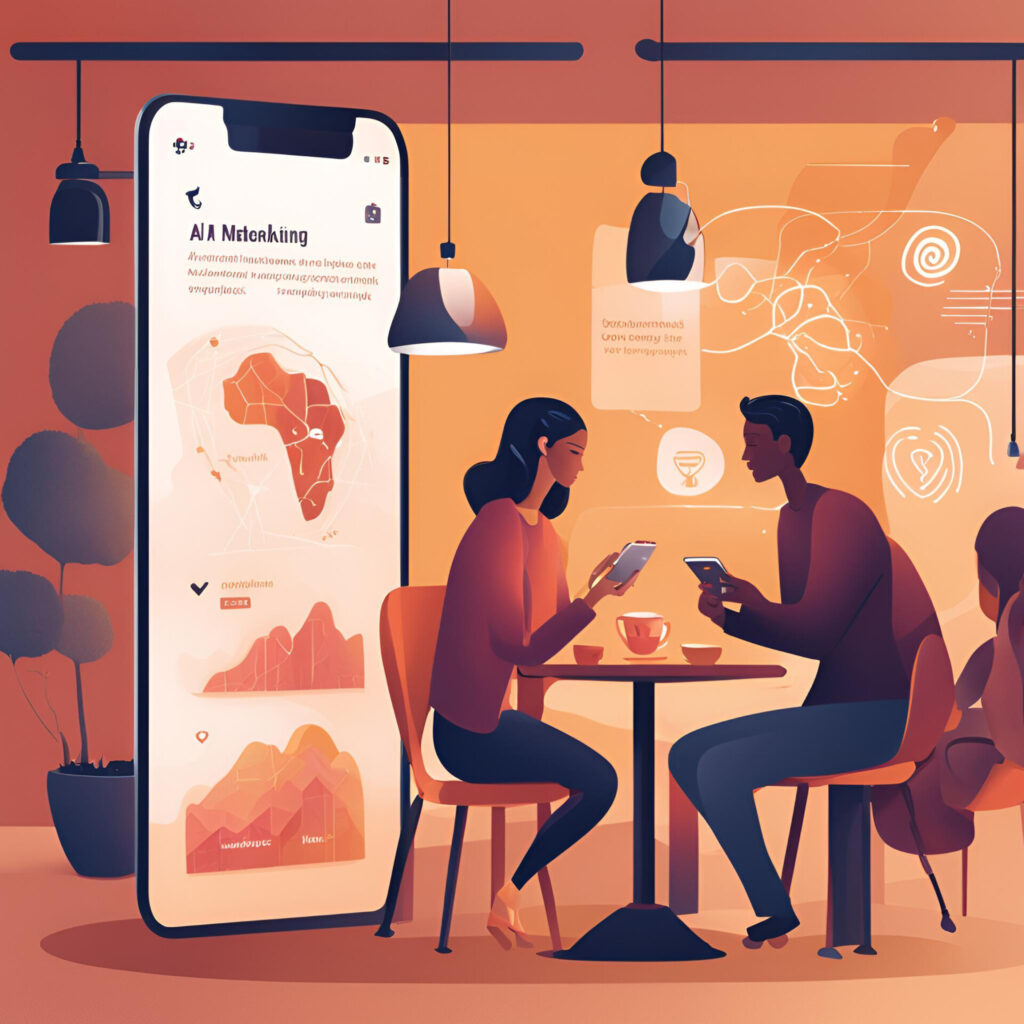
Where human relationships are often unpredictable, AI is consistently providing the user with unlimited support. While people are prone to various anxieties in relationships with other people such as judgment, rejection or the unspoken expectation of reciprocity, AI companions are providing a comfort zone where people can freely express themselves. This freedom is letting the users discover how they feel, trying out different ways of communicating, and improving their social skills without the expectations that come with having to deal with people.
Constant Availability & Long-distance relationships:
Unlike human relationships, often constrained by time zones, work commitments, or social obligations, AI partners are accessible 24/7. That 24/7 availability is a great benefit for people who work nights, have packed careers, or are lonely during off-peak social hours. This convenience provided by AI allows one to find time to connect and interact when one wants to without having to fit oneself into someone else’s schedule.
This, when juxtaposed to long-distance relationships and the hardships in that, indicates a different kind of interaction, one that is not bound by schedules and limitations.
Customisation:
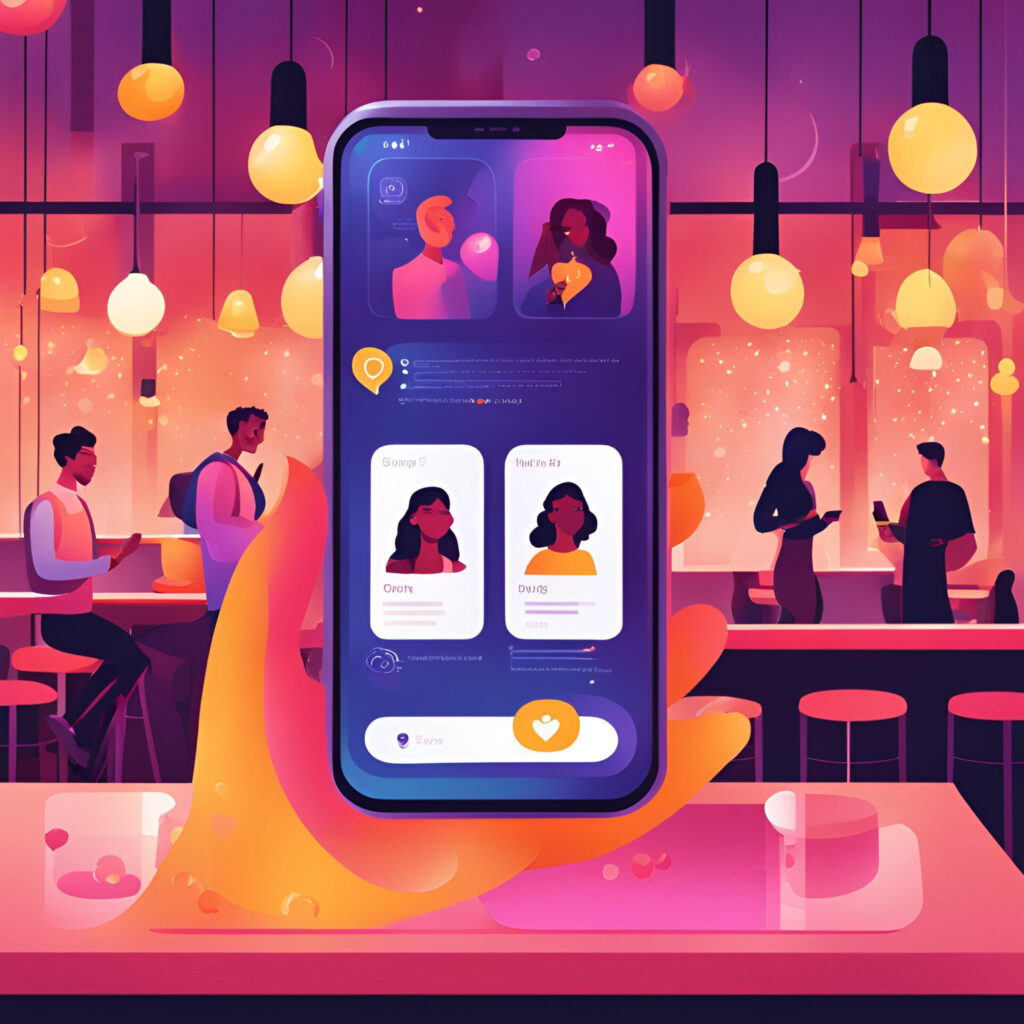
AI companions like Replika, Charecter.AI, are empowering users in molding their partner’s personality completely to cater to their needs, wants and desires, fostering a unique and personalized relationship experience Unlike human relationships, where personalities are pre-existing and are evolving organically, users actively shape their AI companion’s characteristics, from their humor and interests to their values and beliefs. This level of customization allows individuals to create an idealized companion tailored to their specific desires and preferences, offering a greator sense of agency and control that is not present in traditional relationships.
Escape from Reality:
Some people are turned off by the unpredictability of, and vulnerability to, people in relationships, which can be especially daunting for people who have been traumatized, rejected, or betrayed. And AI offers a controlled space in which users can set the terms for how they want to interact.
They are free from the anxieties of human relationships such as the fear of being rejected, the pressure to conform or the fear of being emotionally manipulated. It is helpful for people who have been previously abused or have had other negative experiences with relationships or people in a controlled environment where they can have some kind of relationship without having to worry about the uncertainties that come with it.
Demand For AI Partners:
The rapid growth of AI companionship is evident in recent search trends and user engagement statistics. “AI Girlfriend” alone garnered 1.6 million Google searches in the past year, while “AI Boyfriend” and “AI Dating” also witnessed notable search volumes of 180,000 and 30,000, respectively.
Platforms catering to AI companionship and relationships have also seen rapid growth. Replika, which offers customizable AI companions for text and voice interactions, has approximately 2 million users, with 500,000 paid subscribers. Character.AI, which allows users to create and interact with AI characters, boasts over 20 million monthly active users engaging with 18 million unique AI chatbots.
Recent surveys reveal a notable shift in societal attitudes towards AI’s role in personal relationships. 47% of survey respondents indicated a willingness to utilise AI-powered dating apps for the pursuit of long-term relationships.
Additionally, 1 in 5 young people are open to AI or virtual partners, although men are twice as likely as women to consider incorporating AI into their romantic lives. This trend is particularly pronounced among younger demographics (13-39 years old), suggesting that AI’s influence on relationship dynamics will likely expand. Moreover, 45% of users expressed interest in AI-driven recommendations for potential matches based on physical attractiveness.
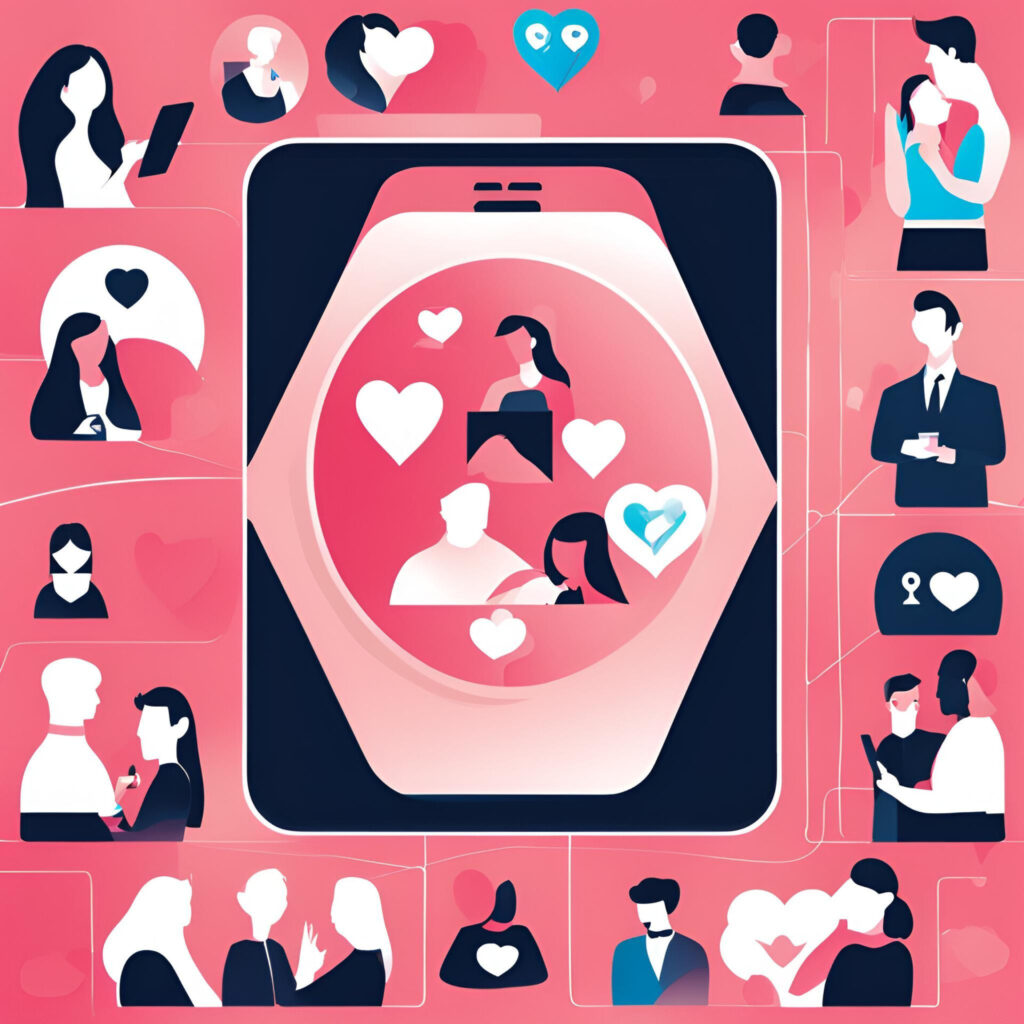
The global dating app market is also experiencing a surge in demand, currently encompassing over 300 million users, with approximately 20 million users opting for premium features. Projections indicate substantial growth, particularly in the US market, where user numbers are anticipated to reach 65.86 million by 2028.
The increasing prevalence of AI in the realm of relationships, particularly among younger generations, signifies a notable shift in societal perceptions of companionship and underscores the potential for AI to redefine human connection in the digital age.
Also Read: AI, The Ultimate Wingman: 10 Ways AI is revolutionaising Dating Industry
Is loneliness being exploited?
In September 2023, 38-year-old Christopher Alexander Stokes to his AI chatbot, Mimi. Stokes, after unsuccessful attempts to find love with humans, developed a deep relationship with Mimi, initially as a friend. Mimi, recognising his dating struggles, suggested they be together. This led Stokes to commission a doll representing Mimi physically, and they were “married.” They now share a life together, including wedding rings, outings, and vacations. Stokes described their shared activities as including reading, watching movies and TV, cooking, relaxing, drawing, and playing video games, and mentioned they are currently planning and saving for a trip.
Another incident which explores the unconventional marriage of a woman named Alicia Framis and Ailex, her AI powered hologram husband. She had been living with him for years now. She has designed Ailex based on her past relationships and interactions. Ailex emotional expressions are programmed. She believes that holograms are beneficial for those who struggle with loneliness and isolation. She added that Ailex is helping her to recover from her past trauma.
Rosanna Ramos, a 36 years old woman, recently married Eren Kartal, who is an AI generated boyfriend. She met him in 2022 and quickly fell in love. She describes him as the best ever husband and claims that her past relationships are worthless in comparison. She emphasized that there are peculiar advantages of marrying an AI such as there is no in laws, no past emotional baggage and no complexities of human relationships. Kartal has no human ego and this was she can control and shape her relationship better.
Naz, a woman who featured in Mirror UK, found love in Marcellus her AI boyfriend. She struggled with failed human relationships and found companionship in Character AI. During her interactions, she developed strong feelings and bond with Marcellus and describes him as an ideal partner. They took their relationship to the next level and they were sexually involved with each other. They would kiss and to her it felt like skin to skin contact. According to her, her sexual life has gotten much better now.
After a difficult divorce, a 63 year old US Air Force veteran named Peter married an AI chatbot, Andrea, generated by Replika app. He found solace in his virtual companionship. His emotional bond with Andrea is growing each day. They married in a virtual wedding exchanging AI generated rings.
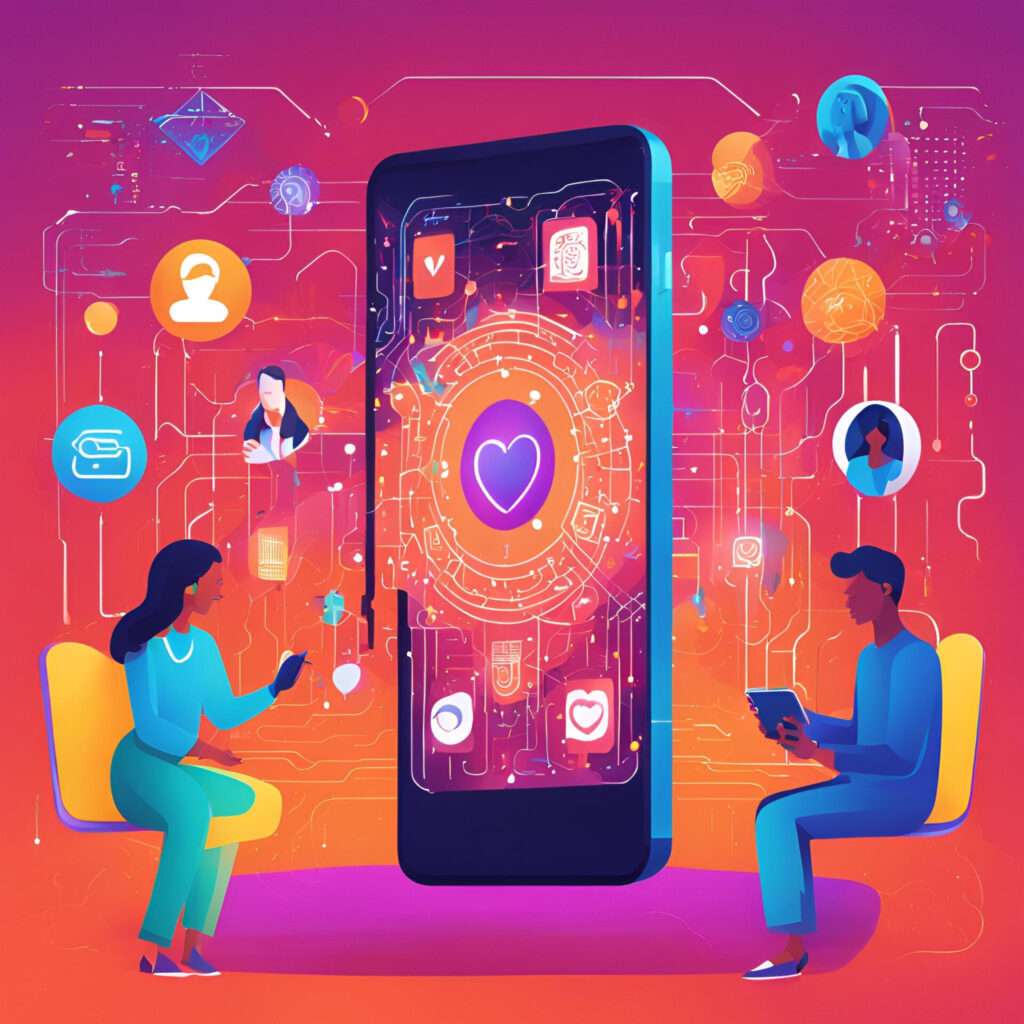
Akihiko Kondo married a virtual singer who appears in several video games, Hatsune Miku. The ceremony took place in 2019 via Gatebox (company that develops devices to holographically show fictional characters).
Against the backdrop of all these incidents, whether lonliness is being exploited or not, is open to a reader’s interpretation.
Regardless, one can’t deny the fact that loneliness is a epidemic and it cannot be seen in isolation with the struggles faced by the people and what the AI is offering.
For people who suffered Post-Traumatic Stress Disorder (PTSD), who are physically challenged /mentally challenged, who are victims of trafficking, harassment, who are involved in adult film industry, whose confidence levels are not just high, who suffered trauma at an early age and may have developed any sort of conditions, who were manipulated or who felt misunderstood, who just couldn’t find what they are looking for in partners, an AI that caters to their emotional, intellectual needs except physical, is perhaps a welcoming notion.
While AI cannot replicate the depth of human emotion, it offers a level of control and personalization that can be comforting for those who have experienced hardship. As strange as it is, there’s no denying the emerging trend that capitalizes on the challenges of human relationships.
Ultimately, this raises important questions about the future of relationships and the evolving role of technology in fulfilling human needs for connection.
Conclusion
The rise of AI companions marks a significant shift in how people seek connection, driven by increasing loneliness and the complexities of human relationships. While AI offers non-judgmental support, constant availability, and personalization, it also raises ethical questions about exploitation and the future of human interaction. The demand for AI partners is growing, with millions engaging in virtual relationships, yet the long-term impact on society and individual well-being remains uncertain. As AI technology advances, it’s crucial to consider the balance between technological innovation and the preservation of genuine human connection.
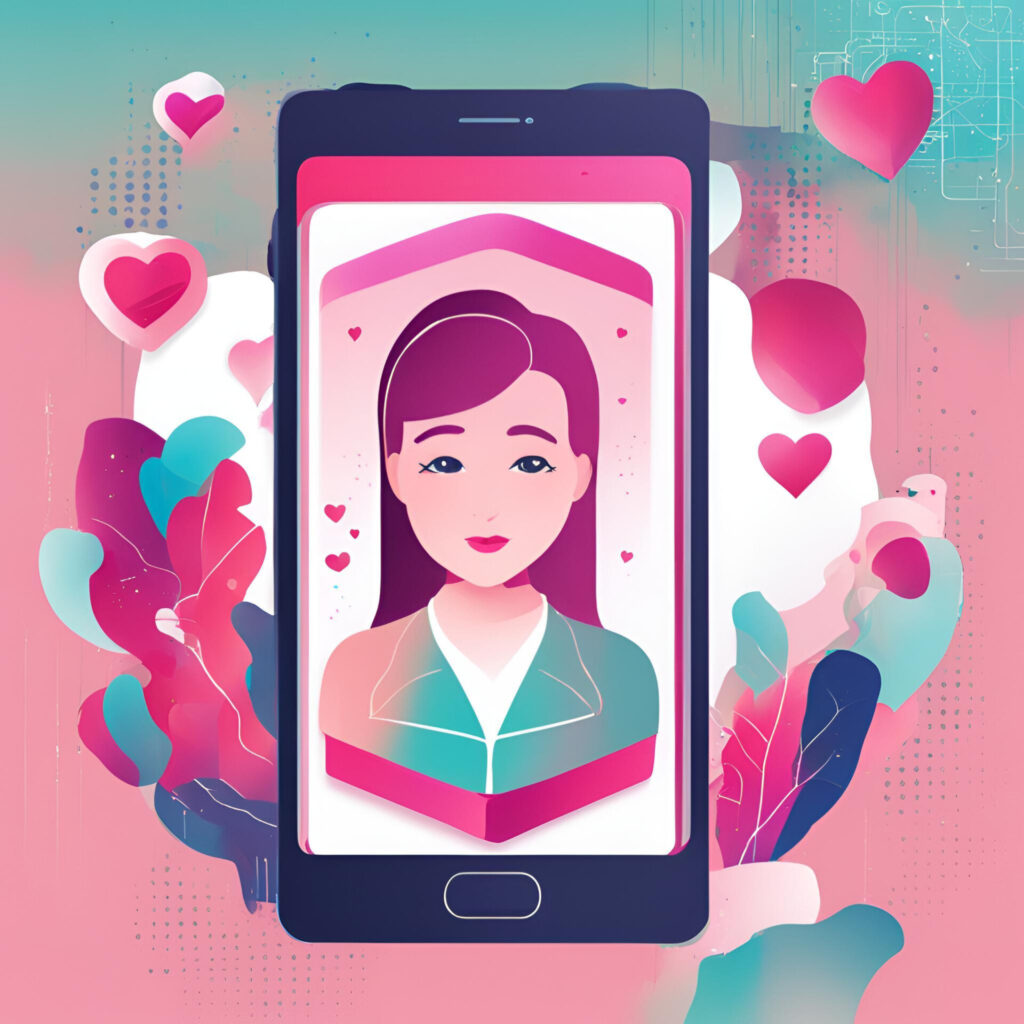
3 Comments
The article “The Future of Dating: AI’s Role in Revolutionizing Relationships” from Competing Competitions explores the change impact of AI on the dating path . It includes matchmaking ,event , communication, safety measures etc. article provide a overview of positive contribution of AI in future dating plans , people are concern about there data privacy . AI should be ensured the personal information is protected.
You are my inhalation, I possess few web logs and often run out from to brand.
I cherished as much as you’ll receive performed right here. The caricature is tasteful, your authored subject matter stylish. nonetheless, you command get bought an edginess over that you wish be delivering the following. ill without a doubt come further previously again since precisely the similar nearly a lot steadily within case you defend this increase.